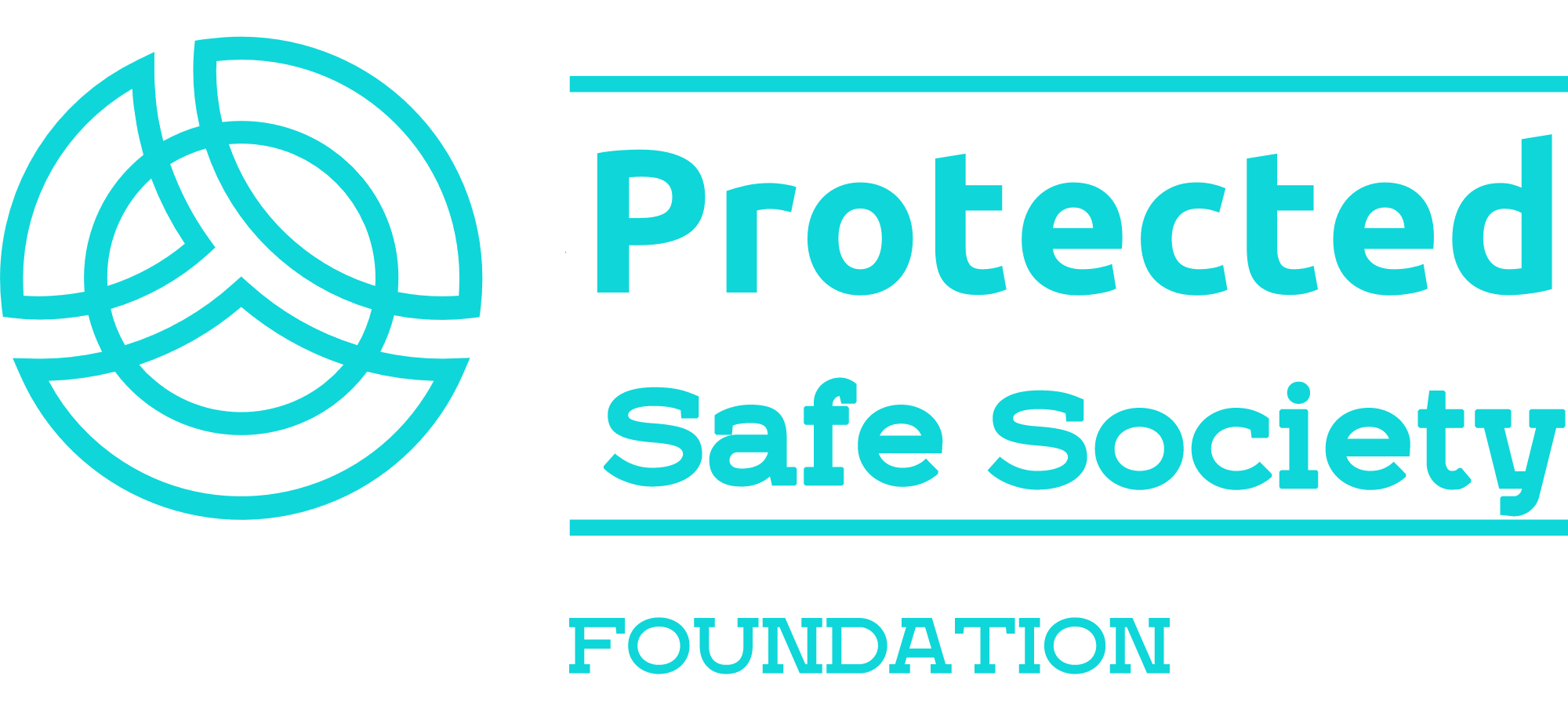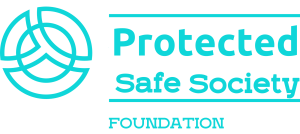The German government has been spending millions on queer projects for years. This is evident from the response given by the federal government’s queer commissioner, Sven Lehmann (Greens), to a brief interview by Martin Sichert, an AfD parliamentary representative.
Sichert was curious about the transgender, intersex, gender dysphoria, and related projects initiated or funded by the federal government since 2000.
The result: through project-based funding alone, more than 7.3 million euros have been directed towards queer projects.
For example, the University of Lübeck received over four million euros (specifically: 4,057,869 euros) from the federal Ministry of Health (BMG) for the “DSD standardized, center-oriented care for life DSDCare” project between 2020 and 2023. DSD stands for Differences of Sex Development, in short, intersex. In intersex individuals, physical sex characteristics do not clearly develop in a male or female manner.
The Ministry of Health provided 644,505 euros for the “TRANS * KIDS” project at the University of Münster between 2019 and 2023. The aim of the funding was to promote discrimination-free behavior towards transgender minors in the healthcare sector through patient-centered training measures.
The “InTraHealth” project received nearly one million euros (953,427 euros) from 2019 to 2023. The project, also under the jurisdiction of BMG, aims to “improve the access of inter- and transgender people to healthcare by reducing discrimination as a barrier to access.”
Criticism has been raised regarding the financing of queer projects, questioning whether the proportion of transgender and intersex people in Germany justifies such large amounts of funding. The queer commissioner could not provide an estimate on the proportion of transgender and intersex individuals within the German population.
Sichert criticized the intentional targeting of young, easily influenced individuals by various initiatives. He raised concerns about promoting lifelong hormone use as normal and the risks associated with it.
Overall, the funding of queer projects has been questioned by some, especially considering the financial challenges faced by many elderly individuals in Germany. The government’s allocation of large sums to promote a small group has been criticized.
Furthermore, additional funding from the “Demokratie leben” program and other ministries has been directed towards queer projects. When combining the funding allocated to projects since 2000 through “Demokratie leben” and other ministry funds, an estimated 22 million euros of taxpayer money has been spent on queer projects.

![The German government has paid out over 20 million euros [object Object]](https://protectedsociety.com/wp-content/uploads/2024/08/The-German-government-has-paid-out-over-20-million-euros.webp-1170x605.webp)


